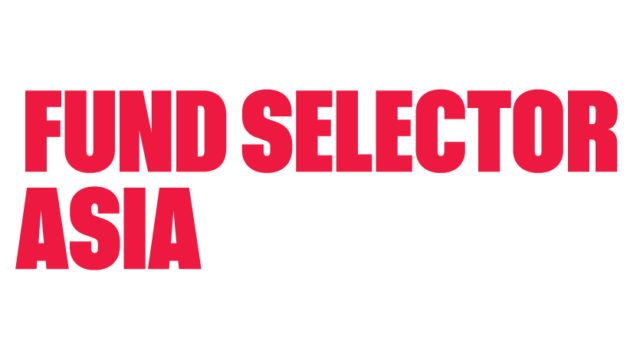On Monday the FSDC published six reports that contain proposals to strengthen the territory’s position as a “preeminent international financial centre” and enhance the development of the local financial services industry.
“The report recognises that Hong Kong is facing challenges arising from evolving global macroeconomic forces and emerging local threats, and that Hong Kong’s leading position as an international financial centre is not entirely secure unless we work relentlessly to advance our competitiveness,” said Laura Cha chairman of the FSDC.
“The reports provide a framework of holistic strategies to further enhance Hong Kong as an international financial centre amid keen competition worldwide. The reports also propose concrete measures to support future development of Hong Kong’s financial services industry,” Cha said.
The industry body stressed the need for locally domiciled funds, referring to June-end data from the Securities and Futures Commission that showed out of the 1,845 authorized funds in Hong Kong, only 318 were locally domiciled as unit trusts.
Currently, unit trusts dominate the market, as the companies ordinance does not permit establishment of a variable capital investment vehicle.
The introduction of open-ended investment companies (OEIC) in Hong Kong provides alternative flexibility as to the types of investment vehicle available for use, the industry body said.
FSDC wants to ensure that the OEIC proposals create a legal, regulatory and tax framework that fulfils the following criteria:
Recommending public and private OEICs, FSDC said private OEICs should be able to invest in any asset class, while public OEICs will be subject to the investment requirements of the code.
Any OEIC, whether public or private should be operated and managed by an SFC licensed corporation or registered institution, so as to strengthen investor protection. An independent eligible third party custodian should also be appointed to ensure asset safety.
An essential part of the proposal is that OEICs will be tax neutral. Public OEICs should be placed on a par with other existing SFC authorized funds, which are specifically exempt from Hong Kong profits tax under the Inland Revenue Ordinance.
Private OEICs should benefit from the same profits tax exemptions currently available to offshore funds and on the same conditions, except that the central management and control of private OEICs can take place in Hong Kong to promote good corporate governance.
In addition the FSDC said no stamp duty should be payable on the sale, purchase or transfer of shares in a public OEIC, which would be applicable to private OEIC, provided the investment scope follows certain criteria.
Other Reports
Notably, the FSDC said Hong Kong should continue to capture and dominate a larger share of Mainland related trade, investment, financing and other businesses.
Besides Mainland opportunities, Hong Kong should strengthen its current position in the asset management and private banking sectors, and develop more depth in areas such as fixed income, foreign exchange, commodities, corporate treasury, real estate investment trust and risk management.
Also, Hong Kong should expand its reach beyond Mainland China and attract companies from different jurisdictions to list on our stock exchange and/or set up regional head offices here.
The FSDC was established by the Hong Kong government in January 2013 as a highlevel and crosssector platform to engage the industry and formulate proposals to promote further development of Hong Kong’s financial services industry and map out the strategic direction for development.

















